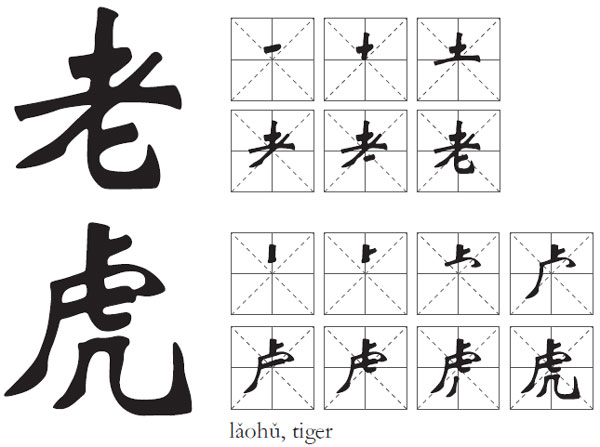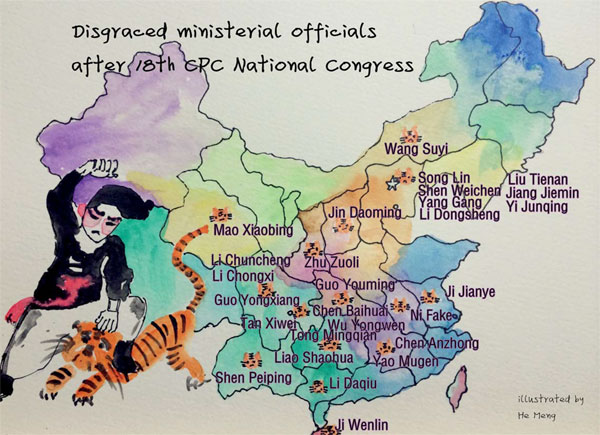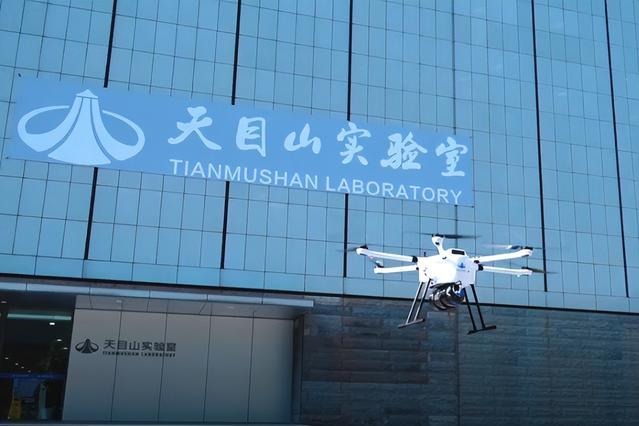Hunting tigers in China 's political jungle

| An illustration depicting Wu Song, who killed a tiger with bare hands in ancient China, interspersed with names of present officials facing action. Provided to China Daily |

Crackdown on errant officials augurs well for the future
A tiger hunt (打虎战争dǎhǔ zhànzhēng) has begun - and the hunting ground is the upper echelons of China 's government and powerful state-owned enterprises.
The hunt began in January last year, when newly elected leader Xi Jinping told a meeting of the Communist Party of China Central Commission for Discipline Inspection that both "tigers (老虎 lǎohǔ)" and "flies (苍蝇 cāngyíng)" were the targets of a new anti-graft drive campaign.
Since the 18th CPC National Congress, the anti-graft storm has claimed the hides of more than 20 ministerial-level cadres and about 200 bureau-level officials.
Among them are Liu Tienan, former deputy chief of China 's top economic planning body National Development and Reform Commission; Jiang Jiemin, former head of the state-owned assets supervision body; Gu Junshan, former deputy logistics chief of People 's Liberation Army; and Song Lin, former chairman of China Resources Holdings.
Once referred to in hushed tones, the activities of these senior officials has seen them disgraced and removed from their posts.
Those targeted in the "tiger slaying (打老虎dǎlǎohǔ)" also include officials who were involved in the bribery case of businessman Zhou Bin. Early reports said that Zhou and his business coterie used their unparalleled influence to make massive illegal profits from the state-owned oil and gas sector.
Wang Qishan, head of CCDI, has adopted new ways to hunt for tigers. He encourages microblog users to expose corrupt officials. His commission opened a website to publicize the investigation results of sacked officials and an online service for whistleblowers.
The CCDI has also sent 26 central inspection groups to ministries, provinces and state-owned enterprises to sniff around for corruption clues. Many officials were sacked in the state 's wealthy oil and electricity industries as a result.
The tiger is a traditional Chinese symbol of authority and power. Ancient emperors often made tiger-shaped tokens, split in half, which could start wars. The emperor kept one part of the token and his most senior general the other. If necessary, the emperor would send his half to the general, who, by presenting the complete token to other officers, could command the whole army.
In Chinese folklore, tigers (老虎 lǎohǔ) can repel evil and offer protection. Parents often make shoes, hats and pillows embroidered with tiger patterns for their children.
The most popular story about slaying tiger (打老虎 dǎláohǔ) is from Outlaws of the Marsh (水浒传 shuǐhǔzhuàn), one of China 's most famous classical novels. Wu Song, who killed a tiger with bare hands in the story, became a heroic icon since ancient China.
However, political tigers are powerful and vicious.
Mao Zedong was the first CPC leader to speak about tiger slaying (打老虎 dǎlǎohǔ). In 1946, when the CPC was outmanned and outgunned by the Kuomintang, Mao told US journalist Anna Louise Strong, "All the reactionaries are paper tigers (纸老虎 zhǐlǎohǔ)."
This reference to the KMT and its sponsor, the US government, alluded to false perceptions of power. Mao was confident the will of Chinese people would eventually vanquish warplanes and tanks. His belief was confirmed when the CPC won the civil war.
In October 1951, the CPC started a massive anti-graft movement, with Mao saying, "The major task is to hunt down big tigers (大老虎 dàlǎohǔ)."
This campaign snared many officials, in high and low ranks, including municipal leaders Liu Qingshan and Zhang Zishan.
The KMT had less success in its own tiger slaying (打老虎 dǎlǎohǔ) before its retreat to Taiwan.
In 1948, during a critical stage in the civil war, KMT leader Chiang Kai-shek sent his eldest son, Chiang Ching-kuo, to Shanghai to restore economic order. Chiang Ching-kuo and his team boasted of "slaying tigers, not flies (只打老虎,不拍苍蝇,zhǐ dǎ lǎohǔ, bùpāi cāngyíng)" to fight hoarding and speculation, which were often linked to corrupt officials.
Despite some early success, the elite of the KMT, such as Madame Chiang Kai-shek, forced an end to the campaign after just two months and little changed in Shanghai.
The hunt for today 's tigers, who still stalk the political jungle in anonymity, could reshape China again.
China Features
(China Daily European Weekly 05/23/2014 page27)
Today's Top News
- Evidence mounts of Japan's wartime atrocities
- Gunmen kill 11, wound many on Sydney beach
- Study finds Earth's deep water reservoirs
- China remembers victims of Nanjing Massacre 88 years on
- Philippines' provocations will avail it nothing: China Daily editorial
- China steps up financial support to spur consumption































